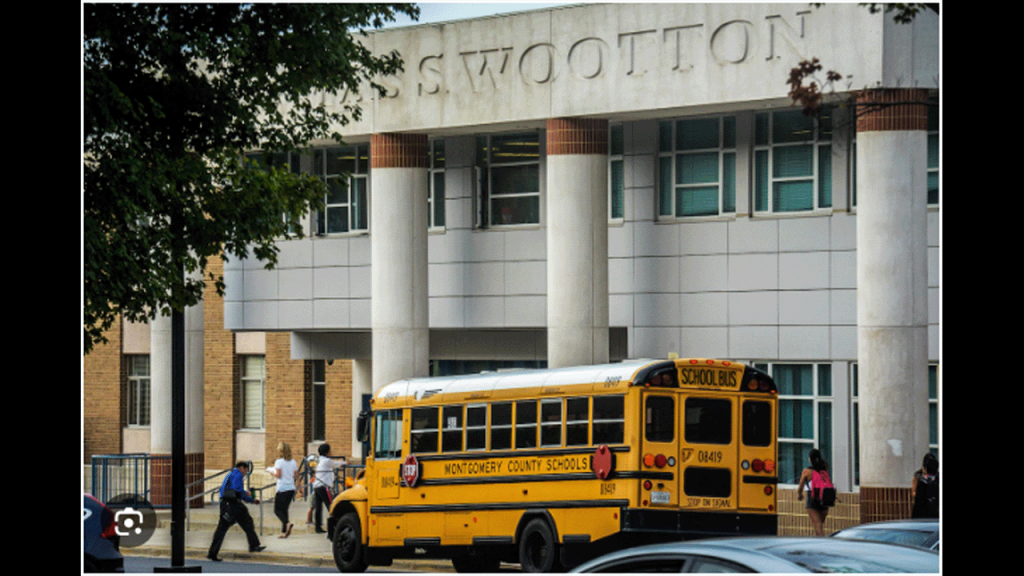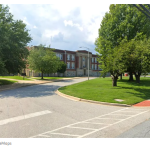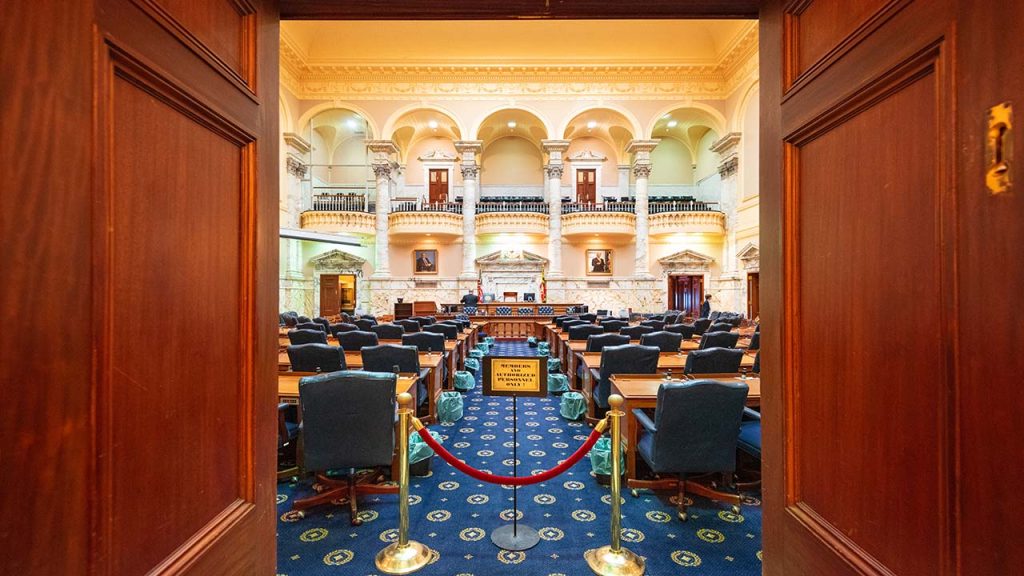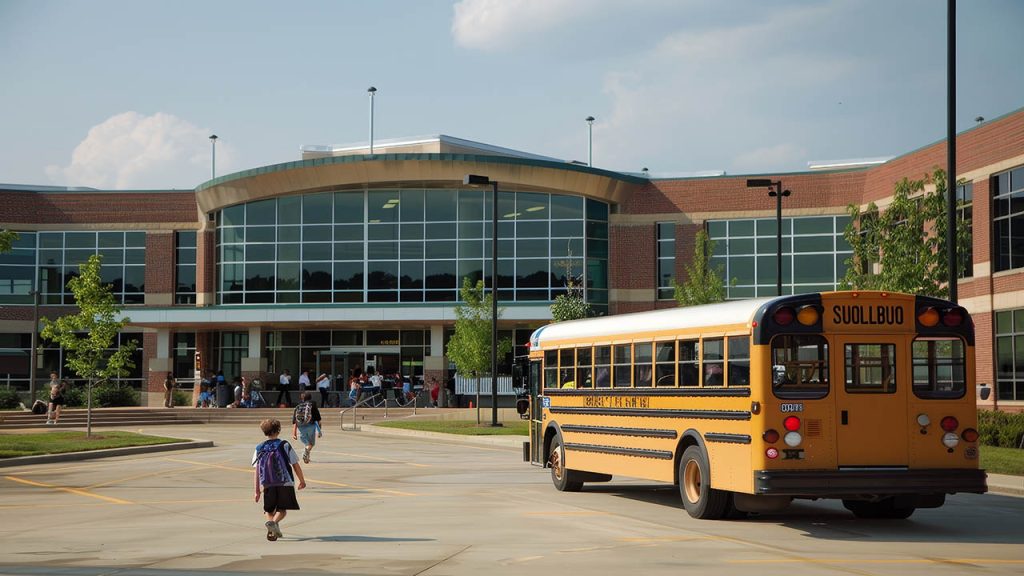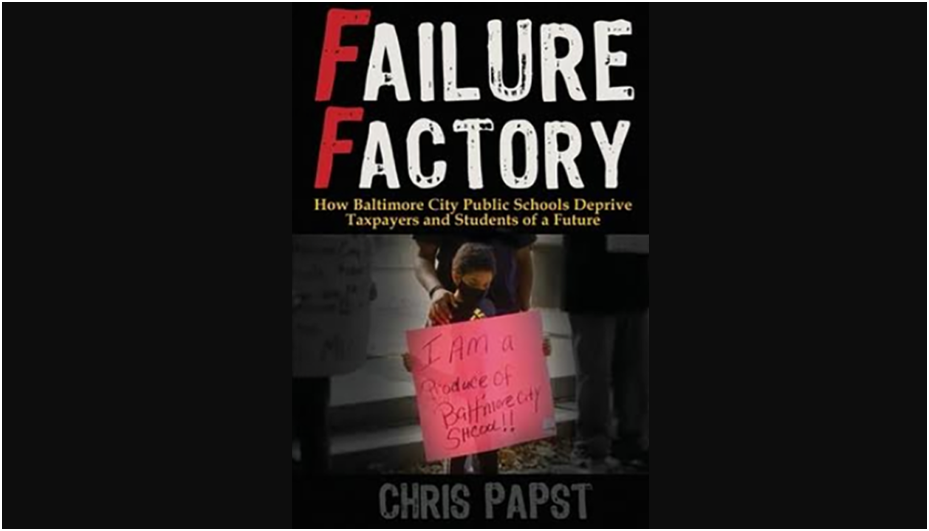

Worcester County Schools Updates Its School Resource Deputy Agreement: A Step Forward for Clarity and Collaboration
The Worcester County Sheriff’s Office (WCSO) and Worcester County Public Schools (WCPS) have finalized an updated Memorandum of Understanding (MOU) for the School Resource Deputy (SRD) program, covering the 2025–2026 school years. While the document remains generally unchanged from the previous agreement, several refinements demonstrate a commitment to clearer roles, stronger collaboration.
Defining the Mission
The MOU reinforces that the SRD program exists to provide valuable law enforcement resources and not to serve as campus security patrols or a disciplinary arm of the school. Deputies are there to build relationships, foster safer learning environments, and support administrators, teachers, and students in navigating safety concerns. this statment makes it clear that the deputies are there to primarily to provide resources.
This clarity of purpose is important so misunderstandings that have created controversies in other districts do not occur here. When both the schools and law enforcement maintain focus on their defined roles, partnerships thrive, and students benefit.
Code of Conduct Comes First
One of the most important and deliberate statements in the updated agreement reads:
“The WCPS Student Code of Conduct is the primary means for addressing student conduct, and it is the responsibility of the school administrator to administratively resolve any violations of the Student Code of Conduct of the WCPS.”
This language ensures that student discipline remains a school responsibility, not a law enforcement function. While deputies will investigate crimes or delinquent acts, administrators lead the response to most behavioral issues. This distinction helps protect students from unnecessary criminalization while maintaining a safe and supportive environment. Both school and law enforcement must know an live this statement. Just about every negative incident in the news involving student-police interaction stems from a failure to abide by this or similar statements. No matter how many time schools and police say it, too often it is not adhered to.
Key Updates and Continuity
A close comparison of the new and old MOUs shows consistency in most areas with a few changes:
- Extended Term: The new MOU runs for two years, up from the previous one-year term, signaling confidence in the partnership and a desire for stability.
- Clarified Collaboration: The language now emphasizes consistent communication between SRDs and school leaders, including twice-daily check-ins to share information and address emerging issues.
- Student Data and Privacy: The policy continues to limit access to student records, granting deputies only “directory information” unless a legal order or safety emergency requires otherwise. This protection keeps educational and law enforcement records appropriately separate.
- Operational Details: Provisions for camera access, body-worn camera use, and non-custodial interventions remain, reflecting best practices for transparency and safety.
Learning from Past Tensions
The previous MOU was at the center of some friction between the sheriff’s office, school administrators, and the school board, particularly regarding the reporting of certain incidents. The updated agreement keeps the requirement that schools promptly report crimes, delinquent acts, and specified code of conduct violations, but it also includes that the process should be collaborative, not adversarial.
This suggests a shift toward a more balanced partnership—one that values both safety and educational integrity.
Why It Matters
Strong, clearly defined partnerships between schools and law enforcement are vital. When both partners understand their role, students see deputies as mentors and allies, not just enforcers. This clarity also helps prevent the kinds of viral incidents that have marred other districts and undermined trust.
As someone who has been on the fron lines I believe Worcester County’s updated agreement represents progress. It recognizes that schools are first and foremost places of learning, and that safety, while a top priority, must be achieved in a way that supports, rather than disrupts, that mission.
Looking Ahead
The updated MOU lays a strong foundation for the next two years. The real test, of course, will be in the implementation: how consistently both sides uphold the spirit of the agreement, how effectively communication is maintained, and how well the program adapts to the evolving needs of Worcester County schools.
If those elements hold, this agreement could serve as a model for other districts seeking to balance student safety with the need for fair, educationally sound disciplinary practices.
Dig Deeper With Our Longreads
Newsletter Sign up to get our best longform features, investigations, and thought-provoking essays, in your inbox every Sunday.
The MEN was founded by John Huber in the fall of 2020. It was founded to provide a platform for expert opinion and commentary on current issues that directly or indirectly affect education. All opinions are valued and accepted providing they are expressed in a professional manner. The Maryland Education Network consists of Blogs, Videos, and other interaction among the K-12 community.






